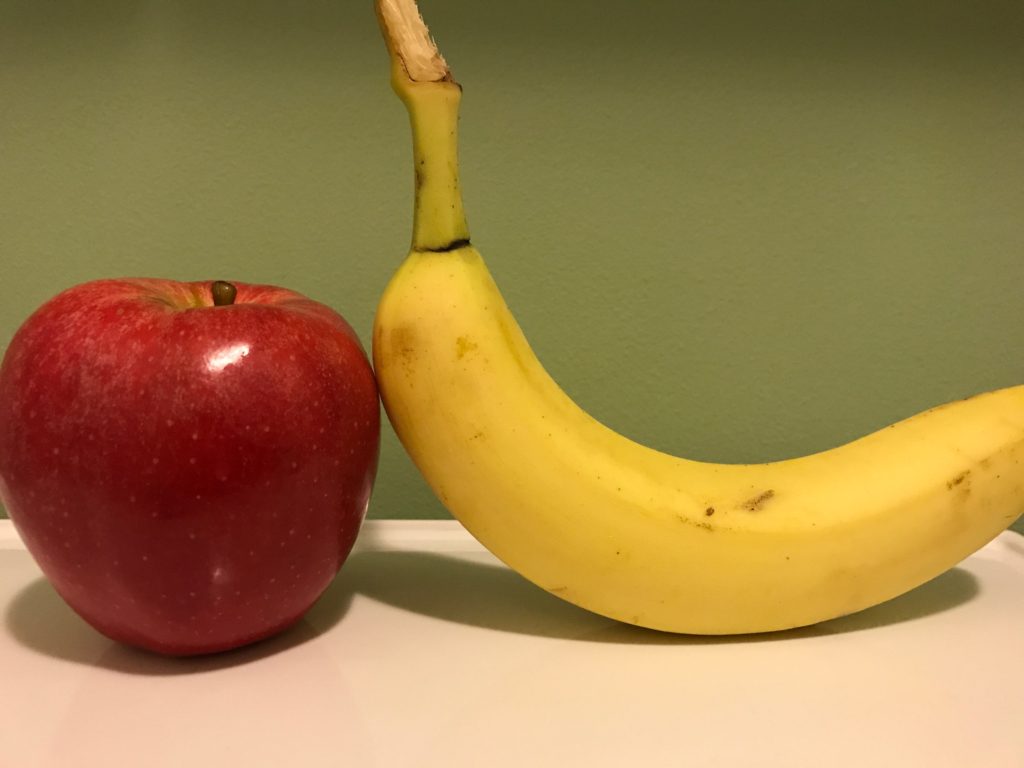
Back when my kids were in first grade, the teacher did a unit on distinguishing facts from opinions. Designed to help them learn critical thinking, it used examples like “Bananas are yellow” and “Bananas are better than apples,” then moved to more subtle kinds of communication. It was a great concept to introduce at an early age, and it got my kids thinking about different kinds of statements (and talking about them at home: “Mommy, it’s just your opinion that broccoli tastes good!”).
As adults, of course we know the difference between facts and opinions. (True, sometimes it gets muddy when someone forcefully presents as fact something that’s really an opinion; but we can figure it out.) But here’s how this relates to teaching kids about sexuality.
When kids ask something about sex (how that baby got in Mrs. Taylor’s belly, what that box of tampons or condoms is, why women wear bathing suit tops and men don’t, whatever), parents often freeze. The simple question opens up—for the parents—far more than the specific thing the child is asking. Our minds jump to all the decisions he’ll someday make about sex, all the moral components of sexuality, the fact that we’re not really comfortable with our kids being sexual beings, the possibility of sexual pressure or coercion, all the things we hope our kids will and won’t experience…. It’s an overwhelming list—especially because so many of those elements don’t have easy, straightforward answers. There are shades of gray; there are opinions. We may not be clear about our own opinions or how to convey them.
Which brings us back to that lesson. What young children want to know about sex seldom involves all those complicated opinions. They just want to know the facts about how that baby got in there or whatever. You know the answers to those questions. The only trick is to set aside your anxiety long enough to state the facts.
Of course it’s fine to also state your opinion: “That’s something married people do” or “I don’t think x is a good idea.” But you don’t have to state your opinion in order to answer your child’s question. Just define the term or explain the biology, and that’ll likely be enough to satisfy your kid’s curiosity. The essential thing is to demonstrate that when your child has a question about sexuality, she can turn to you for accurate information.
If you do offer both information and opinion, it’s helpful to distinguish them, especially as kids get older. You might, say, explain what “contraception” means, briefly mention a few kinds (condoms, the Pill, IUDs), and then state your views. You might define “oral sex” and then explain why you think it’s not something to be taken lightly. Your kid may or may not agree with your views as she grows up, but she does hear them. Even if she disagrees, she’ll have the essential information she needs, and you’ll have kept the door open for future conversations.